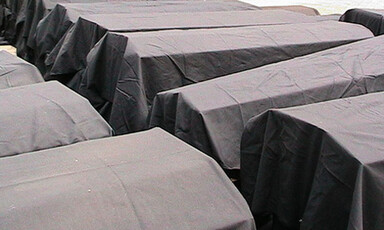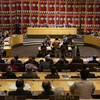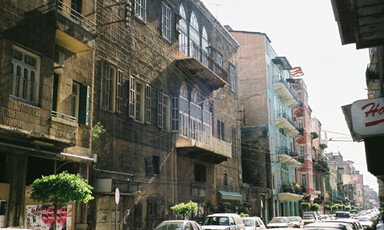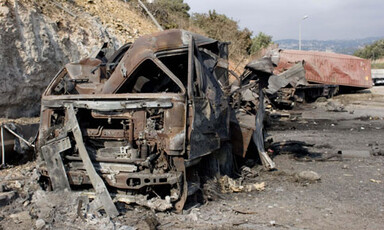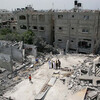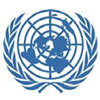
UN Palestine Committee expresses grave concern over ongoing Israeli military operations
27 July 2006
The Bureau of the Committee on the Exercise of the Inalienable Rights of the Palestinian People expresses its grave concern over the ongoing Israeli military operations in the Occupied Palestinian Territory, including East Jerusalem, which has resulted in many Palestinian civilian casualties and a major humanitarian crisis. Since Israel, the occupying Power, started its major military operation in the Gaza Strip on 28 June 2006, following the capture of an Israeli soldier by Palestinian groups, more than 130 Palestinians have been killed, many of whom were innocent civilians, including more than 30 children. Hundreds of Palestinians were wounded. Read more about UN Palestine Committee expresses grave concern over ongoing Israeli military operations
